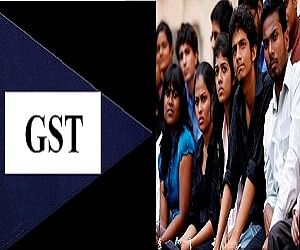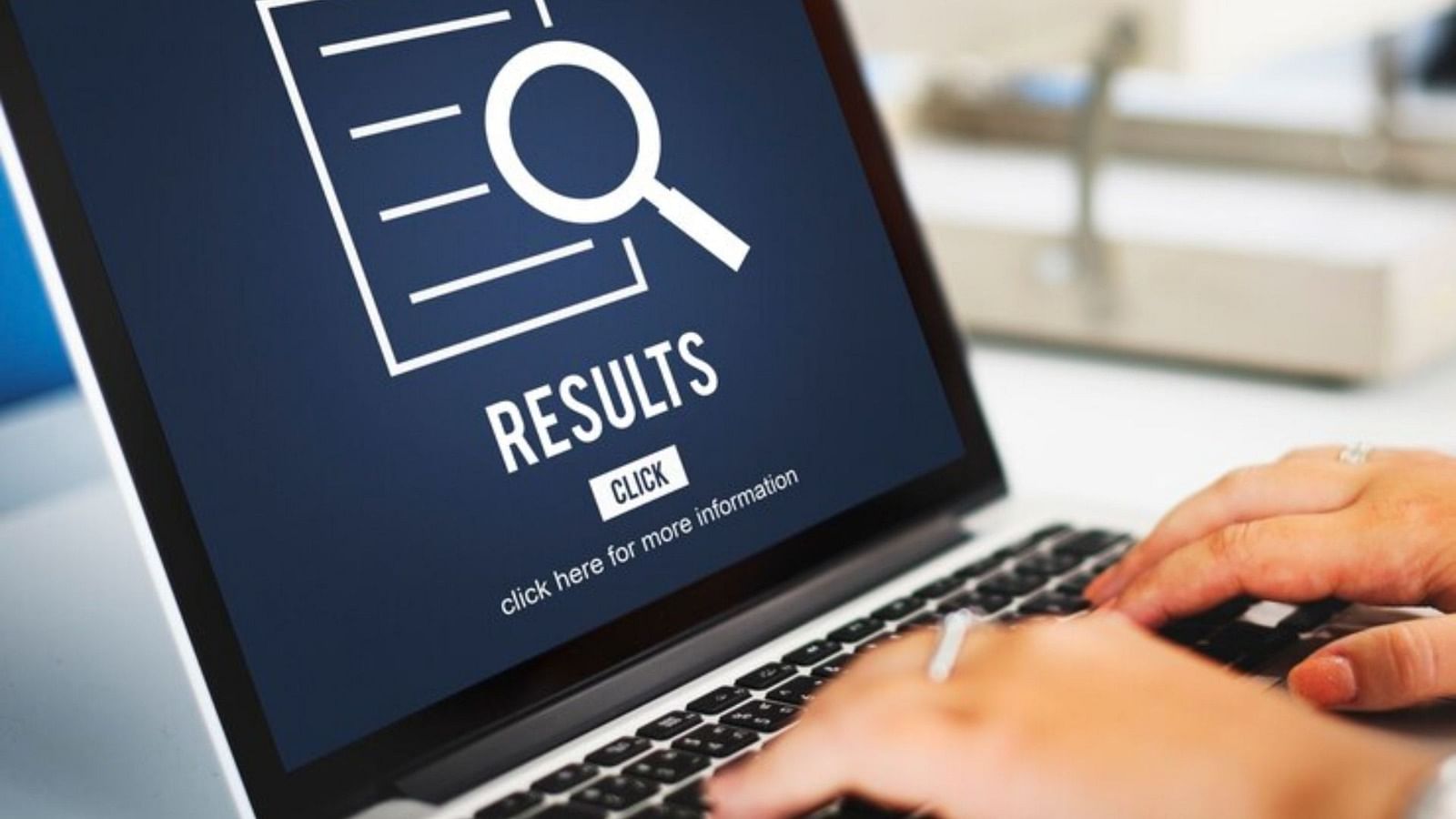
With Goods and Services Tax or GST scheduled to be launched on July 1, 2017, Education and healthcare have been exempted from the GST regime.
However, services to higher educational institutions are under the ambit of GST.
If educational institutes are organising excursions then musical instruments, computers, sports equipment, after-school activities offered directly by third parties, food and accommodation supplied would not be exempt from GST.
What is GST?
Wikipedia defines Goods and Services Tax or GST as an indirect tax throughout India to replace taxes levied by the central and state governments. The GST is governed by GST Council and its Chairman is Finance Minister of India.
However, salt, primary produce, flour, salt, milk, eggs, tea, coffee, gur, milk, eggs, curd, fish chicken, eggs, milk, buttermilk, curd, natural honey, fresh fruits, lassi, unpacked paneer, natural honey, fresh vegetables, fruits, atta, besan, maida, vegetable oil, Sindoor, Prasad, common salt, contraceptive, bread, bindi, primary produce, vermillion, stamp, judicial documents, printed books, bangles, and handloom products are the list of items in the exemption list of GST.
Highlights
GST is an indirect tax throughout India to replace taxes levied by the central and state governments.
Services to higher educational institutions are not GST free.
India's biggest tax reform since Independence.









